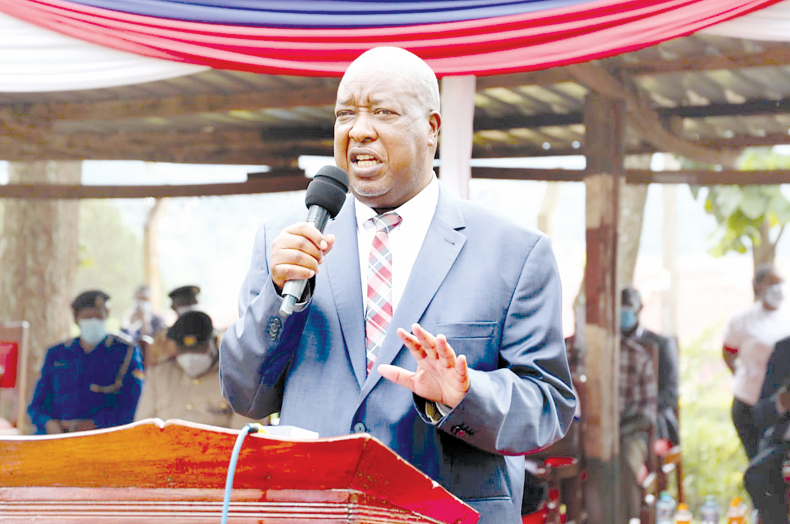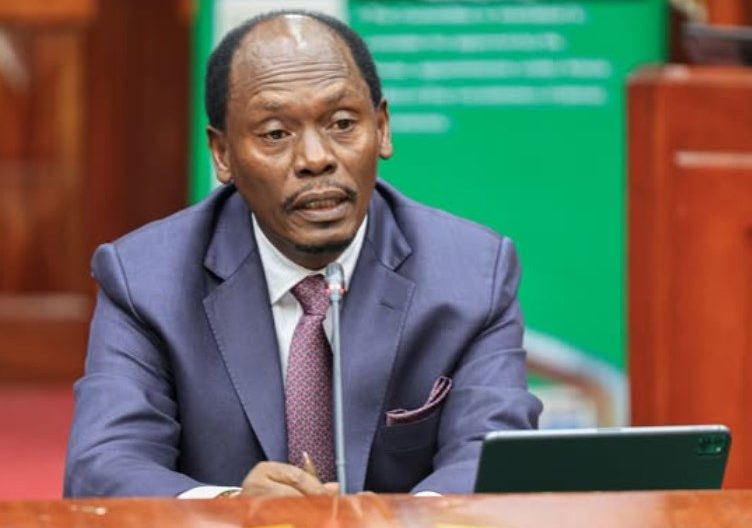Justice must be served even in time of Coronavirus

The coronavirus pandemic has dramatically changed modes of service delivery in various sectors of the economy.
Given the threat it poses to millions of lives in an environment with very weak health systems, a lot of government, individual and professional resources have been deployed around prevention of the spread of the deadly respiratory disease.
No effort has been spared globally with countries, even hitherto adversaries, joining hands to fight the threat.
So critical has been the fight that the Kenyan government has been forced to impose a dusk-to-dawn curfew which has dramatically altered family and job routines.
Learning institutions, restaurants, markets and entertainment spots have been closed while other businesses have been forced to limit operational hours.
The net effect of this is that many workers have been sent home. Urban residential areas and rural villages are now hosting increased populations, especially of young people.
The obvious result of loss of jobs and increased community interactions is a surge in crime.
The Commission on Administration of Justice has already sounded the alarm over the increase of sexually-related offences.
This is mainly driven by the erroneous perception that the Judiciary has gone on “holiday” following the directive by Chief Justice David Maraga to courts to scale down operations.
This is in line with Health ministry advisory against public gatherings a measure to prevent spread of the disease.
The implication of this is that while the courts will continue hearing critical matters through innovative methods, including online hearings, the handling of cases and applications not considered urgent has been suspended.
Under the new guidelines, members of the public are no longer allowed to enter court premises. Only persons visiting courts to file urgent matters will be given access.
Courts have only maintained a skeleton staff of three officers, including a court administrator and an assistant, to handle urgent filings.
Maraga has clarified that all measures have been put in place to ensure the wheel of justice doesn’t grind to a halt.
It is inevitable that the scale-down will increase the burden on the Judiciary but every step should be taken to ensure the dispensation of justice continues unhindered.
And those exploiting the grave situation to commit crime must face severe punishment.













